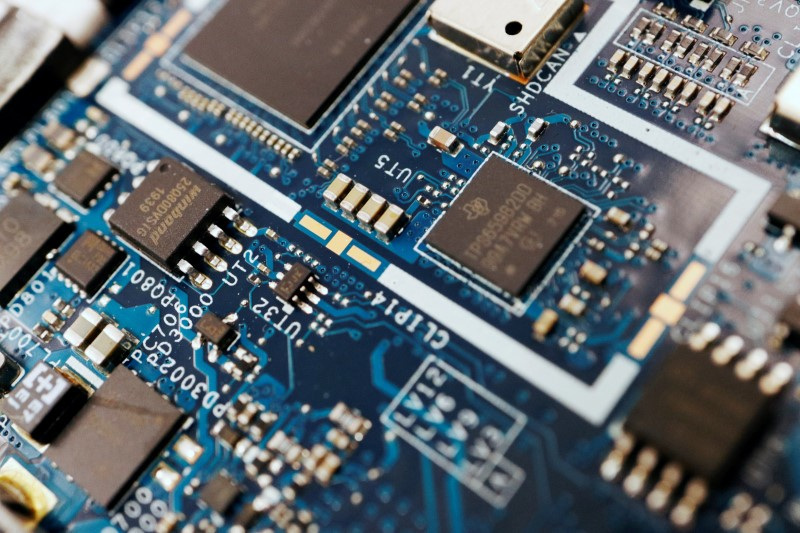By Jane Lanhee Lee and Stephen Nellis
OAKLAND, Calif. (Reuters) - They did it to Huawei. They used it on Russia. Now, the United States is going after China's advanced computing and supercomputer industry.
The weapon? A little-known rule that enables U.S. regulators to extend their technology export control powers far beyond America's borders to transactions between foreign countries and China.
The provision called the foreign direct product rule, or FDPR, was first introduced in 1959 to control trading of U.S. technologies. It essentially says that if a product was made using American technology, the U.S. government has the power to stop it from being sold - including products made in a foreign country.
On Friday, U.S. officials applied the rule to China's advanced computing and supercomputer industry to stop it from obtaining advanced computing chips.
The rule took center stage in August 2020, when it was used against China telecom company Huawei Technologies Co Ltd. American officials had tried to cut off Huawei's supply of semiconductors but found that companies were still shipping to Huawei chips made in factories outside the United States.
Eventually, U.S. regulators found a choke point: Almost all chip factories contain critical tools from U.S. suppliers. So they expanded the FDPR to control trade of chips made using U.S. technology or tools. That move was a blow to Huawei's smart phone business, and U.S. regulators used it on Russia and Belarus after the invasion of Ukraine to cut off chips.
Dan Fisher-Owens, a specialist in export controls on chips at law firm Berliner Corcoran & Rowe, said the expansion in FDPR closed a gap in U.S. export control jurisdiction.
However, he said the United States has been cautious about using the rule as it can drag foreign companies into the process and "create friction" with allies who may disagree with the application of U.S. law.
Senior U.S. officials said on Friday the new application will stop advanced chip use in Chinese supercomputers, which can be used to develop nuclear weapons and other military applications.
The United States had already placed a number of Chinese supercomputing companies on a restricted entity list, cutting them off from buying U.S. chips. But those companies started to design their own chips and seek to have them manufactured - a strategy that the U.S. action on Friday were designed to thwart.
The latest move would ban any semiconductor manufacturing firm that uses American tools - which most do - from selling advanced chips to China, said Karl Freund, a chip consultant at Cambrian AI who watches the supercomputing space.
"They will have to develop their own manufacturing technologies, and they'll have to develop their own processor technologies to replace the missing U.S. or Western technologies that they're using today," said Freund, a chip consultant at Cambrian AI who watches the supercomputing space.
In that case, it could take China five to 10 years to catch up to today's technology, he added.
